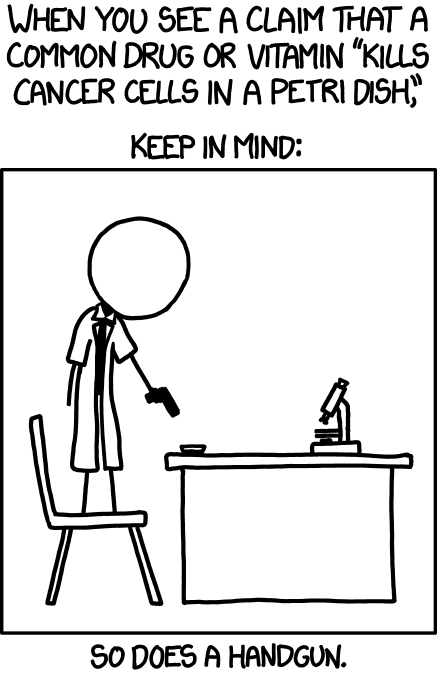fascinating, this concept is a core to the theravadan buddhist practice of vipassana meditation, which is supposed to be what the buddha himself actually taught in his wandering classroom. I always took that bit with a grain of salt assuming it was just an old misunderstanding of what's going on but the kind of non-thought memories appears to be exactly what is described.
it's called Vasana and it's said to be like 'perfume lingering in cloth', the residual karma from our actions that shapes our future and influences automatic actions and preferences. Trauma is said to be stored in the body as well as Sankhara.
I have always viewed vipassana as mental martial arts more than religion, and brushed off all the reincarnation and other inexplicable stuff. fascinating to hear scientists confirming what philosophers came up with thousands of years ago.



